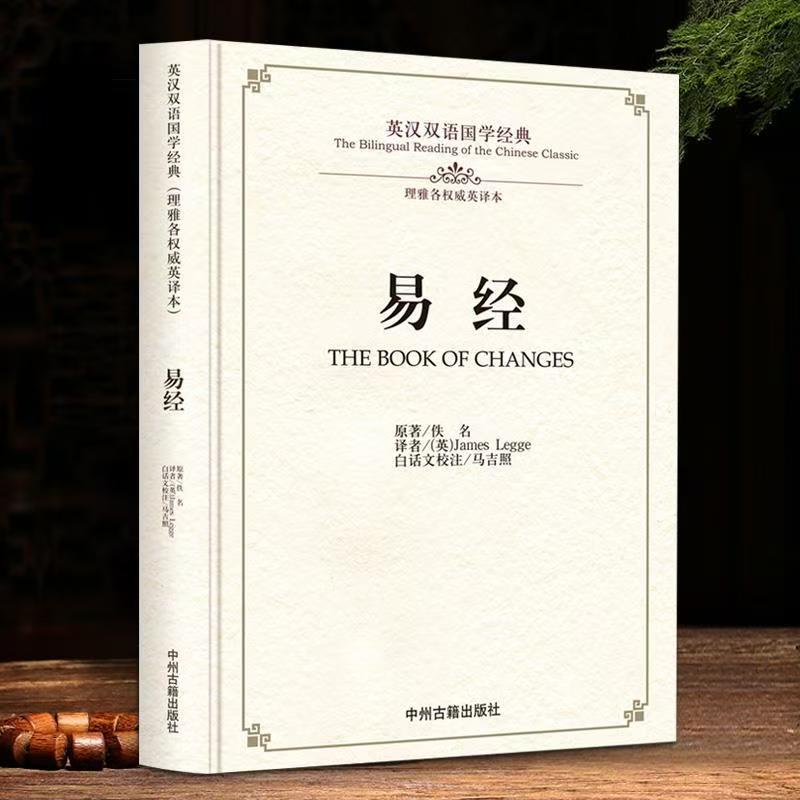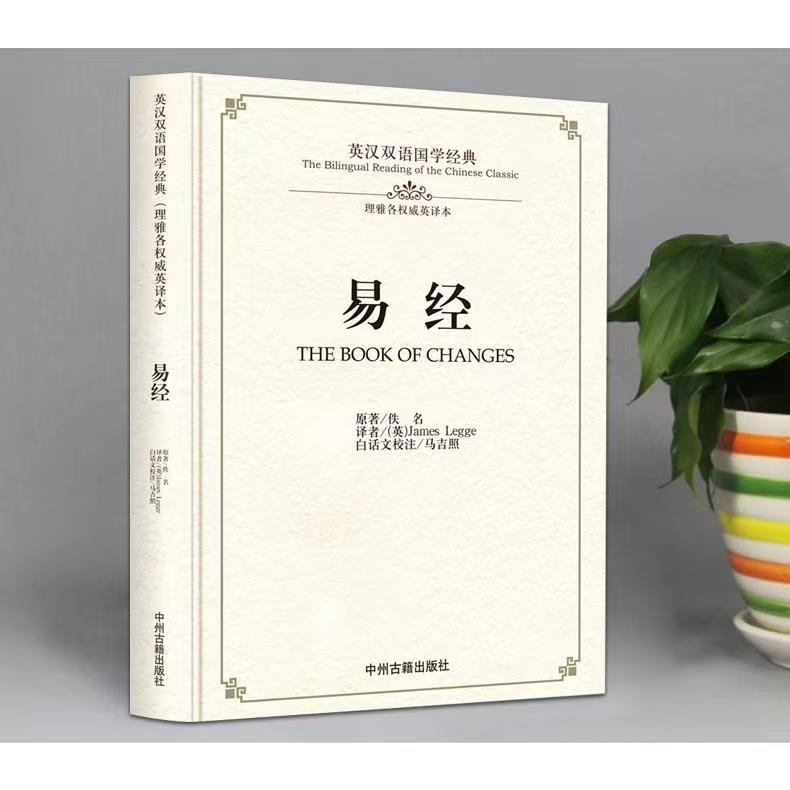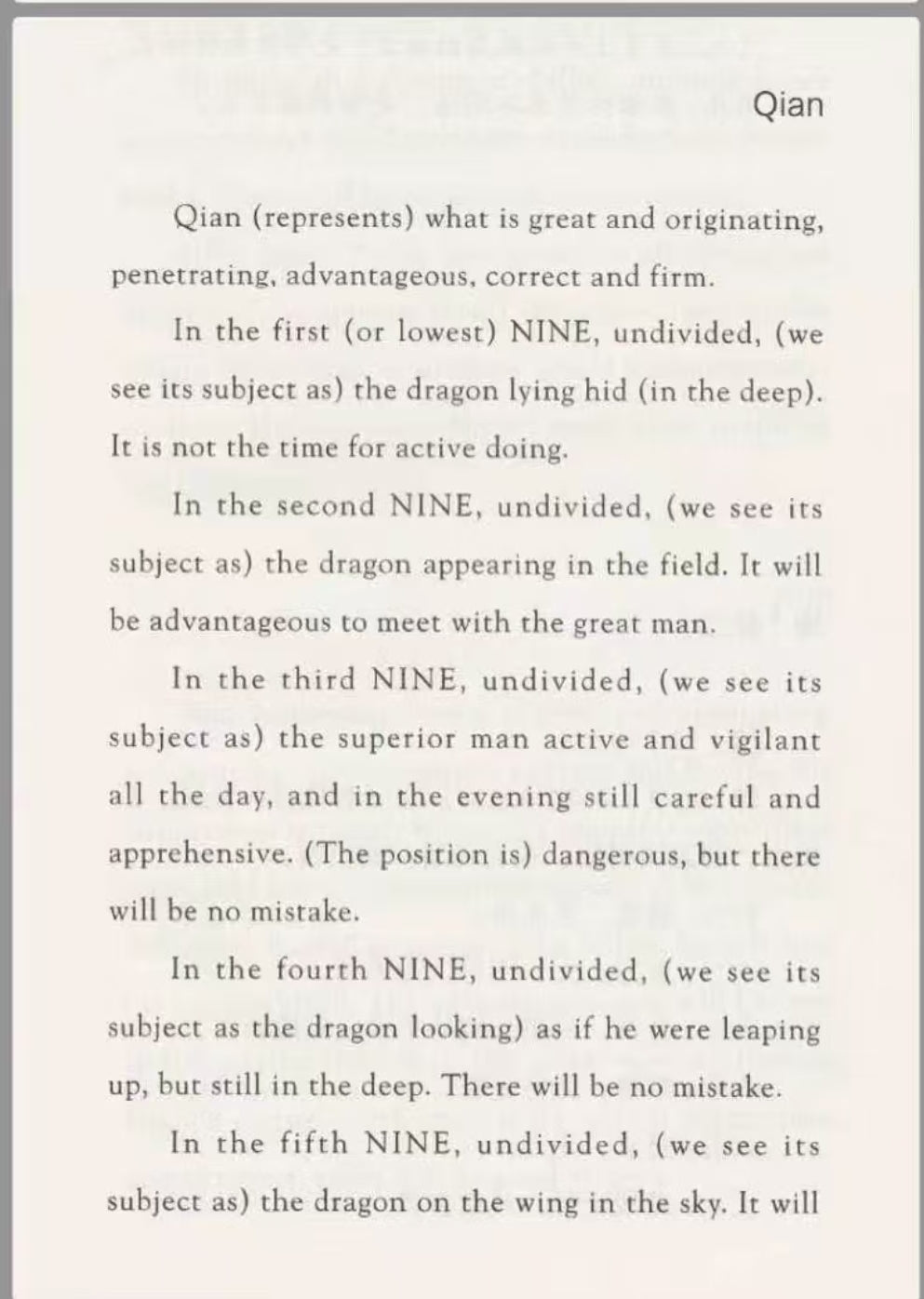LongHuShan
The Book of Changes in both Chinese and English 易经
The Book of Changes in both Chinese and English 易经
无法加载取货服务可用情况
Core Concepts
At its heart, the I Ching explores the dynamic interplay of **yin** (receptivity, darkness) and **yang** (activity, light), symbolizing the fundamental duality and unity of the universe. Central to its philosophy is the idea that **change** is constant, yet balanced by enduring principles. This is encapsulated in the concept of "变易" (change) and "不易" (unchangeable truth), guiding individuals to navigate life’s complexities with adaptability and wisdom.
Structure and Divination
The text comprises **64 hexagrams**—combinations of six lines (either solid or broken), each representing a unique state of being or situation. Divination is traditionally performed using coins or yarrow stalks to generate a hexagram, whose interpretation offers insights into past, present, or future events. Modern adaptations, such as online tools and audiobooks, have made this ancient practice accessible to a global audience.
Historical Development
- **Origins**: Traces back to the Shang Dynasty (1600–1046 BCE), where oracle bones were used for divination.
- **Zhou Dynasty (1046–256 BCE)**: The text was systematized by King Wen and Duke of Zhou, with Confucius later contributing to its philosophical depth.
- **Spread to the West**: Translated into European languages in the 19th and 20th centuries, it profoundly influenced Western thinkers like Carl Jung and inspired works of art and literature.
Philosophical and Cultural Impact
Beyond divination, the I Ching is a guide to ethical living and self-cultivation. It emphasizes harmony, balance, and the importance of aligning one’s actions with the natural order. Its principles have permeated various aspects of Chinese society, including medicine, art, and governance.
Modern Relevance
Today, the I Ching continues to be studied for its timeless wisdom. Scholarly translations, such as *The Total I Ching* by Stephen Karcher, fuse traditional insights with contemporary relevance, making it a tool for personal growth and decision-making. Its influence extends globally, as seen in creative reinterpretations and digital platforms.
In essence, the I Ching is a testament to China’s ancient quest for understanding the universe and humanity’s place within it—a journey that remains profoundly relevant in our ever-changing world.
Share








